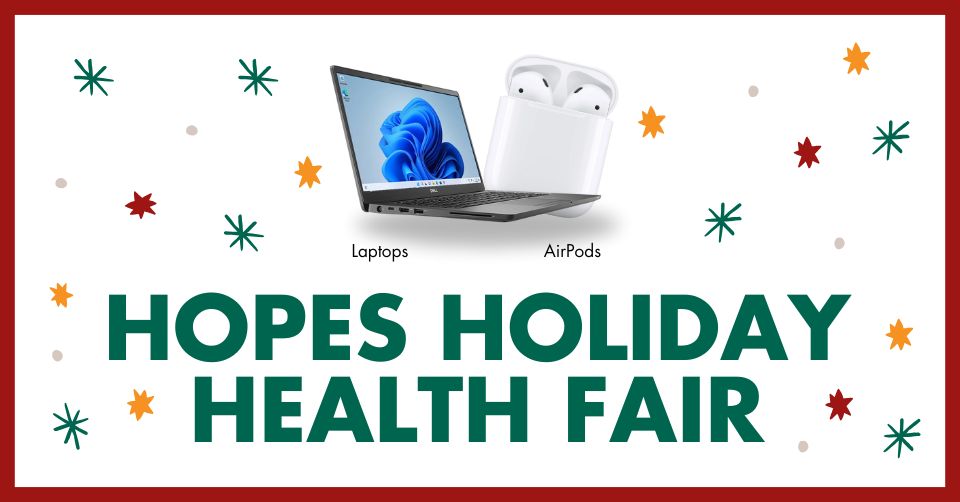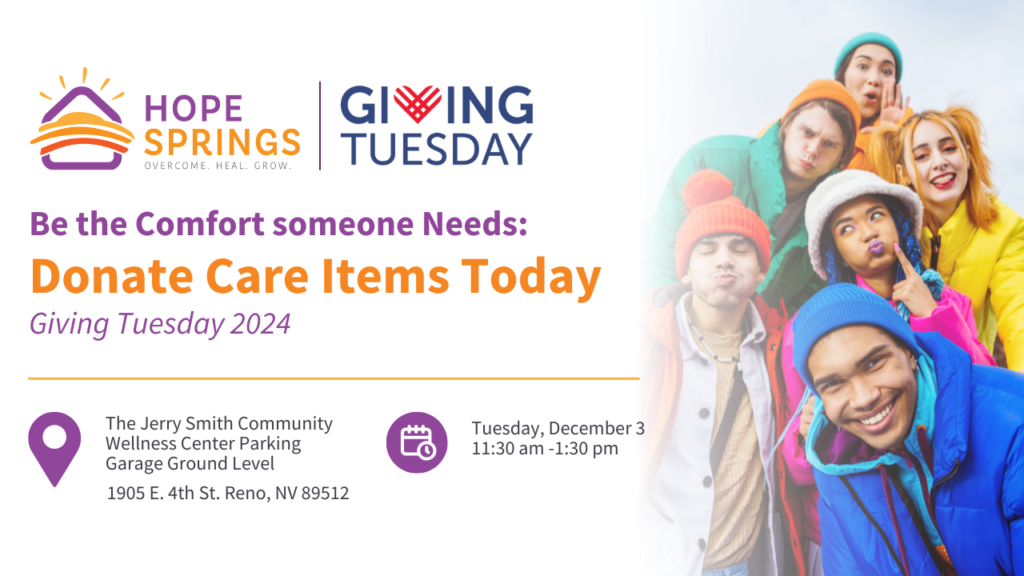Welcome Fall!
School is in full swing, summer is over and fall is officially here! This is the time of year when mother nature puts on her best show! The gorgeous displays of orange, brown and red foliage give us a wonderful visual snack that can inspire many wonderful things– like change. As the fall season reminds us that change can be beautiful, we can take this opportunity to reflect and perhaps make some changes of our own. October offers two opportunities for change in our financial lives; one is Financial Planning Week and then there is Get Smart About Credit Day (see the dates below). During Financial Planning Week, we can assess our financial goals to see what is working and what isn’t working. After analyzing our goals, if we identify things that are not working, why not change them? Often times we stop working towards our goals when we hit a few road bumps. This is why we must evaluate our goals often, so we can continue to make progress and achieve something we’ve been wanting. Making a small change in the way you approach your goals or even changing what doesn’t work can have a very big impact on the outcome of your goals and also make you feel a sense of accomplishment.
Economic stability: a social determinant of health.
What does economic stability have to do with health? There is mounting evidence telling us that there is a strong connection between the two. Research shows that poverty and financial insecurity lead to stress, poor mental health, and consequently, poor health outcomes1.
Here at HOPES, we understand that health is about the whole person. We address medical needs and concerns as well as other non-medical areas of life that impact health– known as the Social Determinants of Health (SDOH). By definition, SDOH are the conditions in which we are born into, grow, live and work.
Economic stability is a major SDOH that may dictate where we live, what we eat and the types of healthcare we can access. Addressing economic stability is also something we do here at HOPES. We have a financial coach that can help address financial issues and get you on your way to financial health and economic stability. Being economically stable takes on a different meaning for everyone and is a highly personal state. If you are unaware of what economic stability means for you, the financial coach can help you figure out what that looks like. Give our Healthy Money Habits program a try and see how you can improve the SDOH that impact your life, like economic stability.
Dear Financial Coach…
Question: I recently saw a report about needs versus wants and I wanted to ask your take on these two, since they can be completely different for everyone. My wants can be needs for other people and vice-versa. What’s your take?
Dear Reader: Thank you for your question. You are right about these being different for everyone. There are a set of needs that are the same for most of us, like a roof over our head and food in our stomach. When discussing ‘wants’ however, is where the line gets blurred for many. Take organic food for example. Many consider this to be a need, but if a financial crisis occurs and organic food is no longer an option, then it becomes a want. Why? Because the cost of organic food is a lot higher than non-organic food. Subtle things like these can drain our pocket books without us noticing until we are forced to make adjustments. This is why we need to look at what needs and wants truly mean to us and look into the role these play in our finances.
Save the date!
In case you missed it…
- September: College savings month
- September: National preparedness month
This month…
- Financial Planning Week 10/7 – 10/11
- World Mental Health Day 10/10
- Get Smart About Credit Day 10/17
What is the Healthy Money Habits program all about?
Healthy Money Habits is a program available to Northern Nevada HOPES patients, free of charge. We are here to help you reach financial wellness by providing financial education, financial coaching, and additional services that help you set and achieve financial goals. We are not financial advisors or counselors, but we are dedicated to improving your financial health, empowering our community, improving financial literacy, and decreasing stress resulting from financial issues. Remember that financial health is part of your overall health!




